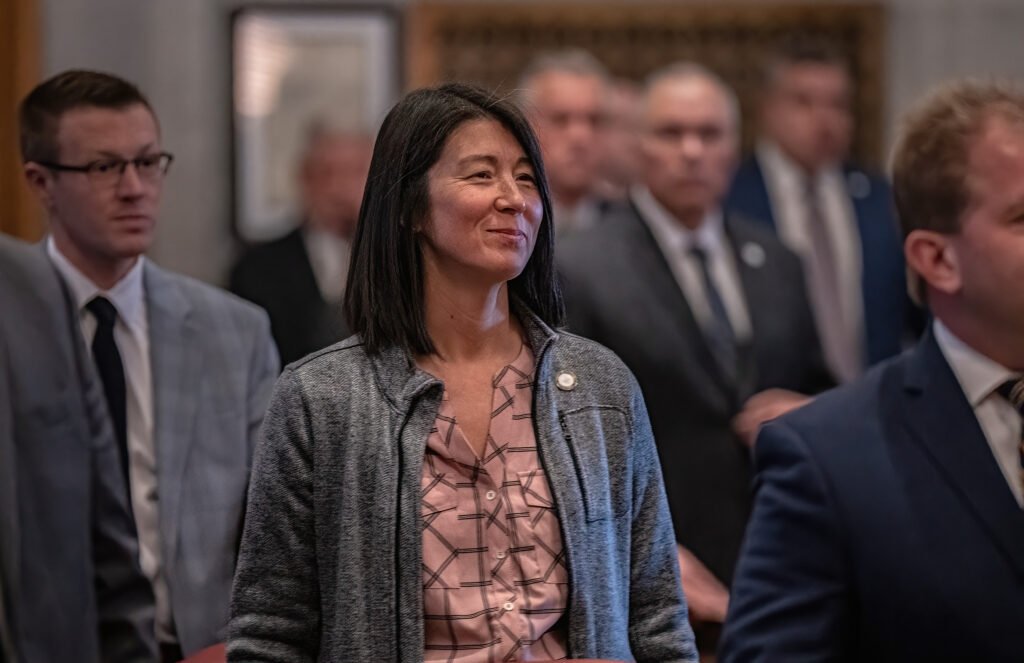
Last week, the Alabama House of Representatives voted not to agree to the Senate's changes to HB 151 and HB 152 and established a consultation committee consisting of Reps. Witt, Jones and Blackshear. The Senate has not filed a legislative response to the House's action.
There is a huge difference of opinion among legislators on the issue of legalizing and expanding gambling throughout the state. The differences seem to be over the type of gambling, the governance system, and the distribution of revenue. Representatives have written and passed a gambling expansion bill that would make a Las Vegas showgirl blush, but Senators have not accepted it.
Now that the House has rejected the Senate compromise, House lawmakers are demanding that the Senate reconsider its original plan to curb gambling by allowing unlimited sports betting licenses and fully legalizing Las Vegas-style casinos in the state. As if that wasn't enough, House lawmakers are demanding a specific budget for funding Medicaid expansion and other key projects to put the bill on the November ballot.
It is telling that the messaging strategy does not focus on any of those wish lists, but on the demand that lottery funds be used specifically for education (for kids!). This assertion is also odd, since there is no discussion at all of programs like the Georgia Hope Scholarship for students at four-year colleges (which is apparently what the thousands of Alabama parents and grandparents who pro-gambling advocates claim want to vote for the lottery are hoping for).
The House bill provided for the possibility of using a portion of gambling revenue for educational purposes and the possibility of implementing a “last dollar scholarship” program for a certain number of specific children attending certain two-year schools under certain conditions. However, this program was written with conditions, was not a given, and was not the focus of the bill, public conversation, or public debate. The bill passed by the Senate would split the revenue in three parts, allocating 1/3 to infrastructure, 1/3 to the general fund, and 1/3 to the education trust fund, with priorities and projects to be selected annually by the legislative body.
Both bills estimate that Alabamians would lose about $350 million a year in lottery revenue. Eighteen states across the country have “last-dollar scholarship” programs, several of which are in the Southeast. Arkansas limits its program to 100 students, giving away about $3 million a year. Kentucky spent $12.4 million on the program in 2021. Tennessee has the largest program, with 14,000 students, but it has expanded far beyond technical colleges and universities, and it's no match for Alabama's proposed bill.
The shift in messaging toward the “education lottery” is a clear strategy to pressure senators and prepare them for the passage of the ballot measures. Don't be fooled by the rhetoric, and don't trust your child's chances of earning a four-year college degree to the passage of a nonexistent “education lottery.” These gambling proposals were written not for the children of Alabama, but for those who profit from others' losses.
Stephanie Holden Smith is president and CEO of the Alabama Policy Institute.
Do not miss it! Subscribe now Get the top Alabama news stories delivered to your inbox.
















